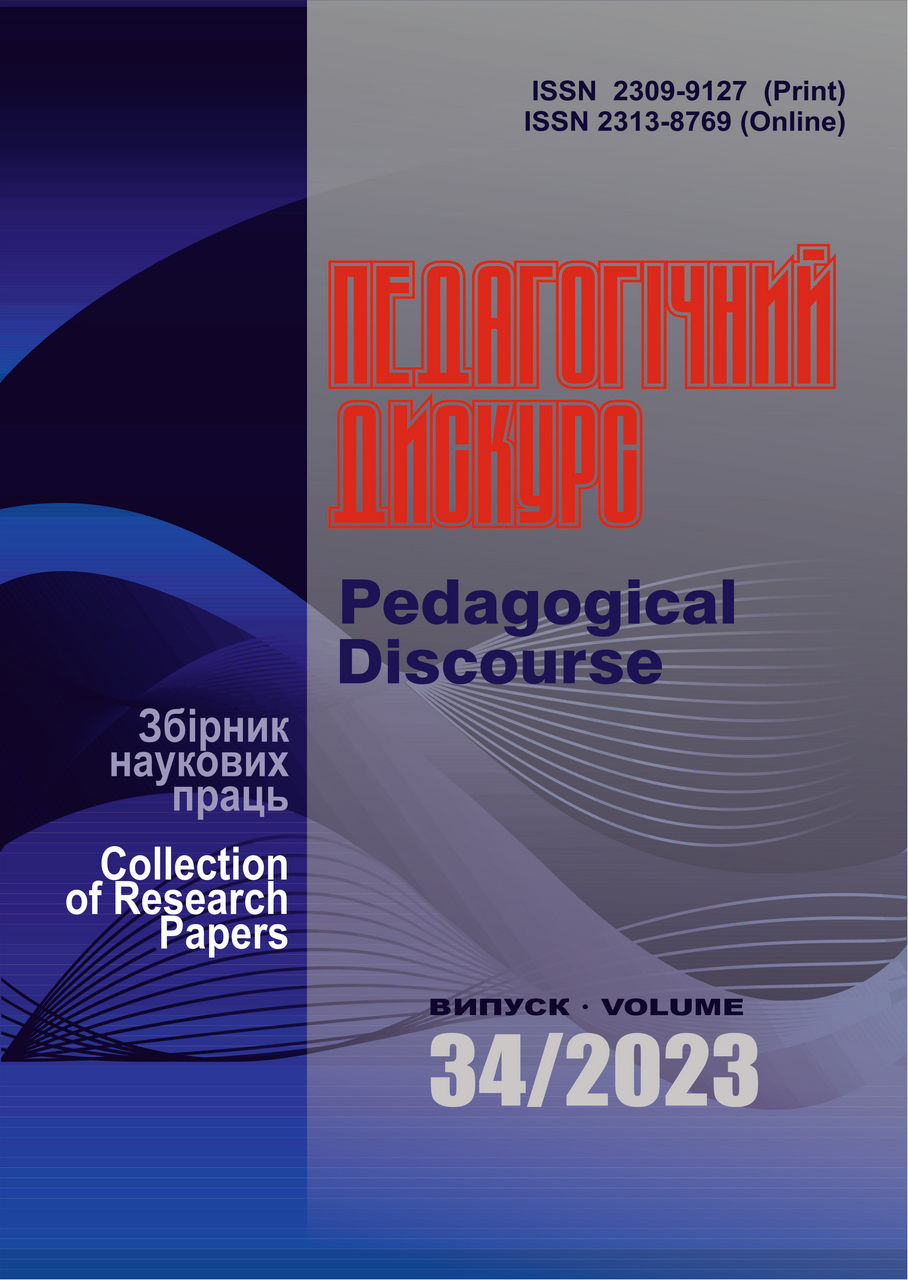The Essence of the Future Foreign Language Teacher’s Professional Lexical Competence and Its Formation on an Interdisciplinary Basis
Abstract
The article, based on the analysis of scientific views of scientists, focuses on the necessity and importance of considering the essence of the future foreign language teacher's professional lexical competence and its formation on an interdisciplinary basis. The article emphasises the importance of lexical skills in the context of interdisciplinary relations as an integral part of foreign language lexical competence, describes their specificity and conditions of formation based on the advantages of building foreign language lexical competence on an interdisciplinary basis. It has been found that the presence of special tasks aimed at assessing the ability to use vocabulary in various types of speech activity in all forms of international examinations also indicates the recognition of the particular importance of mastering lexical material. This will help students to form a new vocabulary, an understanding of the sound and graphic representation of a particular lexical unit, and the relationship between a word in a foreign language and its meaning.
The author emphasises that the achievement of a high level of lexical competence is manifested in the free use of direct lexical resources in direct and indirect communication, adequate use of phraseological units, proverbs, sayings, words that are typical for native speakers. The essence is that learning competence is a set of competences for learning foreign languages and cultures in the student's independent learning activities, which is logical, methodological and general in terms of the use of modern educational technologies. Foreign language teaching is based on didactic, methodological, linguistic principles and the use of modern educational technologies. It is noted that the presence of special tasks aimed at assessing the ability to use vocabulary in various types of speech activities in all forms of international examinations also indicates the recognition of the particular importance of mastering vocabulary. This will help students to form a new vocabulary, an understanding of the sound and graphic representation of a particular lexical unit, and the relationship between a word in a foreign language and its meaning.
Downloads
References
Амеліна, С. М. (2014). Методика формування лексичної компетенції майбутніх філологів. Вісник Дніпропетровського університету імені Альфреда Нобеля. Серія «Педагогіка і Психологія». Педагогічні науки, 2 (8), 131–135. [in Ukrainian]
Бігич, О. Б. (2006). Теорія і практика формування методичної компетенції вчителя іноземної мови початкової школи. Київ: Ленвіт. [in Ukrainian]
Бігич, О. Б., Бориско, Н. Ф., Борецька, Г. Е. та ін. (2011). Методика формування міжкультурної іншомовної комунікативної компетенції: курс лекцій. Київ: Ленвіт. [in Ukrainian]
Онощенко, А. О. (2011). Формування лексичної компетенції майбутніх політологів (на матеріалі навчання термінологічної лексики). Педагогіка, 146, 96–99. [in Ukrainian]
Редько, В. Г. (2012). Засоби формування комунікативної компетентності у змісті шкільних підручників з іноземних мов. Теорія і практика. Київ: Генеза. [in Ukrainian]
Bogaards, P. (2001). Lexical units and the learning of foreign language vocabulary. Studies in Second Language Acquisition, 23, 321–343. [in English]
Hudson, C. (2003). The lexical competence hypothesis: a cognitive account of the relationship between vernacularization and grammatical expansion in creolization. Journal of Pidgin and Creole Languages,18 (1), l–7. [in English]
Copyright (c) 2023 Pedagogical Discourse

This work is licensed under a Creative Commons Attribution-NonCommercial-ShareAlike 4.0 International License.

















